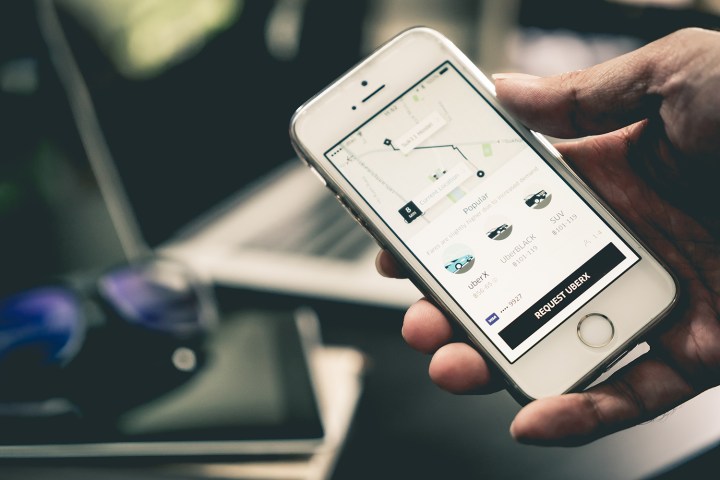
Beginning Tuesday, once riders have jumped into their Uber rides and are a block away from a transit stop, they’ll start seeing upcoming departure times in Uber’s feed. The ride-sharing app promises to refresh these times regularly so that passengers will always have the most updated information available. Should you need more data, you can tap once and make your way over to the Transit app, where Uber promises concise directions, service disruption information, and more.
“Our integration with Uber is a perfect match, as we both envision a future in which every journey is shared using a combination of transit options,” said Jake Sion, chief operating officer at Transit. Indeed, the two companies hope that their collaboration will allow for a viable alternative to personal car ownership, reduced traffic and parking, and better connected cities.
“While there’s still much more work to do, we’re excited that our integration with Transit can help us get one step closer to this reality,” Andrew Salzberg, Uber’s Head of Transportation Policy and Research wrote in a blog post. The integration is now available on Android in the following U.S. cities:
- Albuquerque, N.M.
- Ann Arbor, Mich.
- Atlanta, Ga.
- Baltimore, Md.
- Boston, Mass.
- Buffalo, N.Y.
- Charlottesville, Va.
- Chattanooga, Tenn.
- Chicago, Ill.
- Cincinnati, Ohio
- Cleveland, Ohio
- Connecticut
- Dallas, Texas
- Dayton, Ohio
- Denver, Colo.
- Detroit, Mich.
- Fort Myers, Fla.
- Grand Rapids, Mich.
- Hampton Roads, Va.
- Honolulu, Hawaii
- Houston, Texas
- Indianapolis, Ind.
- Jacksonville, Fla.
- Kansas City, Mo.
- Las Vegas, Nev.
- Los Angeles, Calif.
- Louisville, Ky.
- Madison, Wis.
- Miami, Fla.
- New Orleans, La.
- New York, N.Y.
- Orlando, Fla.
- Philadelphia, Penn.
- Phoenix, Ariz.
- Pittsburgh, Penn.
- Portland, Maine.
- Portland, Ore.
- Raleigh, N.C.
- Sacramento, Calif.
- Salt Lake City, Utah
- San Diego, Calif.
- San Francisco Bay Area, Calif.
- Seattle, Wash.
- St. Louis, Mo.
- Tampa Bay Area, Fla.
- Washington, D.C.
- Worcester, Mass.

